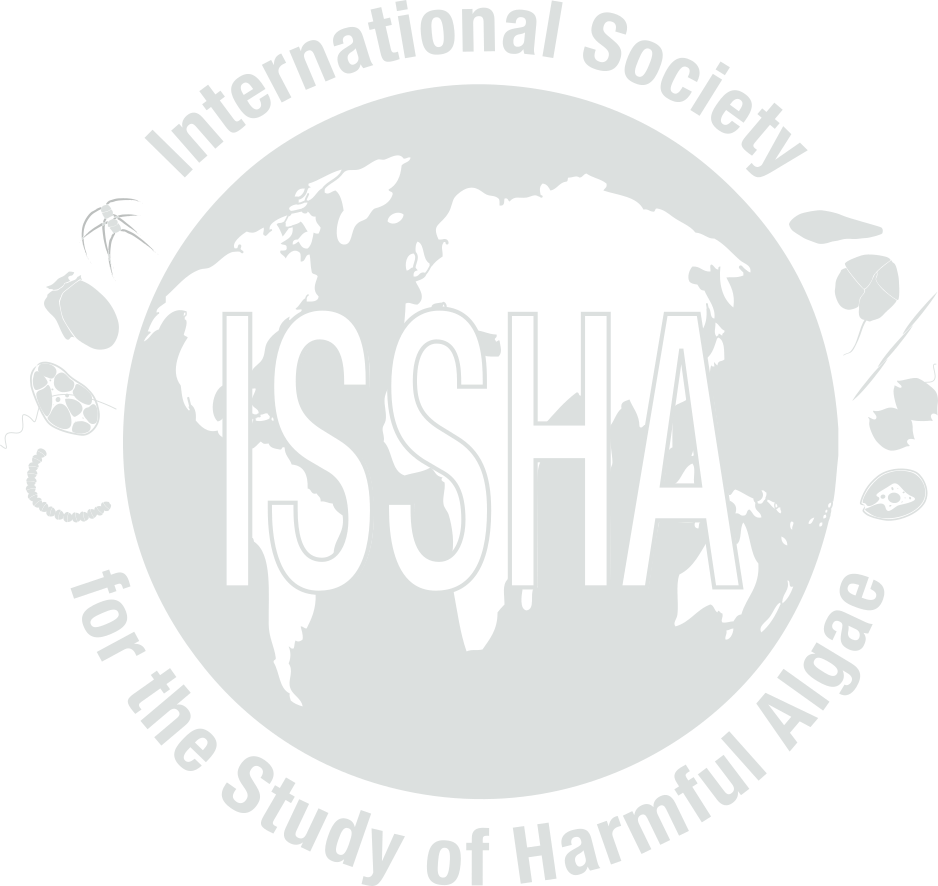


| Event name: | ES-04-002 | |
| Country: | SPAIN | |
|
Nature of the harmful event: |
High Phyto concentration | |
|
Event directly affected: |
Planktonic life , Humans | |
| Toxicity detected: | No | |
| Associated syndrome: | PSP | |
| Unexplained toxicity: | No | |
| Species implicated in toxin transmission (transvector): | ||
| Report the outcome of a monitoring programme: | Yes (1. EU Project STRATEGY EVK3-2001-00046. New strategy of monitoring and management of HABs in the Med) | |
| Event occurred before in this location: | Yes (Since 1996) | |
| Individuals to contact: | VILA, Magda | |
| Location: | Latitude: 41.571667, Longitude: 2.555000 | |
| General location information: |
Arenys harbour, Catalonia, NE Spain HAB Area code(s): ES-22 |
|
| Additional location information: | Bloom confined inside a harbour. Not bloomming concentrations were detected outside. | |
| Bloom event dates (yyyy/mm/dd): | Start: 2004-01-30, End: 2004-08-28 | |
| Quarantine levels dates (yyyy/mm/dd): | ||
| Additional date-related information: | This year A.miunutum was recorded almost during all the year cycle. Maximum cell concentrations were on 10/4/04 (1324975 cells/L). High cell concentrations were also recorded at Vilanova harbour (max. conc. 266.430 cells/L on 01/06/04), Estartit harbour (max. conc. 474.810 cells/L on 09/07/04), Torredembarra harbour (76775 cells/L on 06-07-04) and Barcelona harbour (61420 cells/L on 21/06/2004). This species is widespread along all the Catalan coast. | |
| Causative organism known: | Yes | |
| Causative Species/Genus: |
Alexandrium minutum
(1,324,975 cells/L)
|
|
| Co-Ocurring Species/Genus: | ||
| Chlorophyll concentration, if known: | Chlorophyll concentration: 11 µg/l µg/l | |
| Additional bloom information: | ||
| Event-related bibliography: | Vila, M., Camp, J., Garcés, E., Masó, M. and Delgado, M. (2001). High resolution spatio-temporal detection of HABs in confined waters of the NW Mediterranean. Journal of Plankton Research, 23: 497-514. Calbet A, Vaqué D, Felipe J, Vila M, Sala MM, Alcaraz M, Estrada M (2003). Relative grazing impact of microzooplankton and mesozooplankton on a bloom of the toxic dinoflagellate Alexandrium minutum. Mar Ecol Prog Ser, 259, 303-309. Garcés E., Bravo I., Vila M., Figueroa R.I., Masó M., Sampedro N. (2004). Relationship between vegetative cells and cyst production during Alexandrium minutum bloom in Arenys de Mar harbour (NW Mediterranean). J. Plankton. Res,26 (6), 637-645. Galluzzi L, Penna A, Bertozzini E, Vila M, Garcés E and Magnani M (2004). Development of real-time PCR assay for rapid detection and quantification of Alexandrium minutum (dinoflagellate). Applied and Environmental Microbiology, 70 (2), 1199–1206. Vila M., Giacobbe MG, Masó M, Gangemi E, Penna A, Sampedro N, Azzaro F, Camp J, Galluzzi L (2005). A comparative study on recurrent blooms of Alexandrium minutum in two Mediterranean coastal areas. Harmful Algae, 4(4), 673-695. Kees Van Lenning K., Vila M., Masó M., Sampedro N., Anglès S., Garcès E., Morales A., Camp J. (submited). HPLC analyses of photosynthetic pigments and PSP toxins associated with a recurrent bloom of Alexandrium minutum in the NW Mediterranean. Marine Ecological Progress Series | |
|
||||||||||||||||||||||||||
| Nutrient information: | ||||||||||||||||||||||||||
| Temperature Range During Event: | Max: 26 °C, Min: 11 °C | |||||||||||||||||||||||||
| Salinity Range During Event: | Max: 38, Min: 21 | |||||||||||||||||||||||||
| Bloom location in the water column: | Whole column | |||||||||||||||||||||||||
| Growth: |
In situ |
|||||||||||||||||||||||||
| Growth Comments | ||||||||||||||||||||||||||
| Additional Environmental information: | ||||||||||||||||||||||||||
|
|||||||
| Kit used: | Type of kit used: | ||||||
| Additional information: | |||||||
| Economic losses: | |||||||
| Management decision: | |||||||
| Additional harmful effect information: | |||||||
